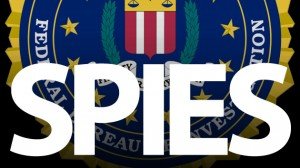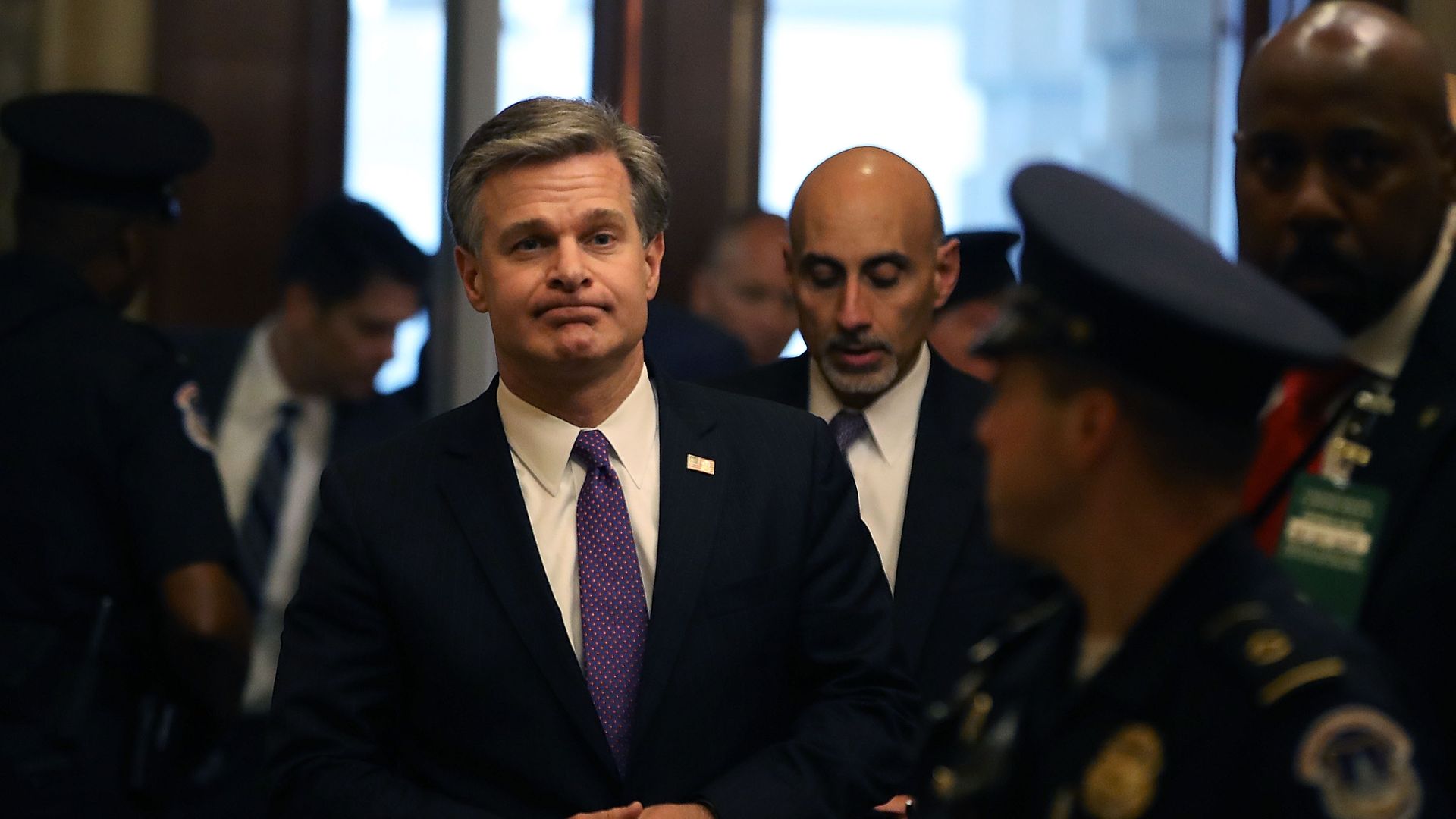

(When Watergate special prosecutor Archibald Cox subpoenaed nine Nixon tape recordings that he had secretly made in the Oval Office, the president insisted that Cox be fired. Felt had even worked with my early mentor, William Ruckelshaus, most famous for his role in the so-called Saturday Night Massacre, of 1973. And yet I had no idea that his grandfather was the same guy-long rumored as the infamous Deep Throat-whom I’d heard about for years from my days as a federal prosecutor. Attorney’s Office in San Francisco, ultimately landing at a highly respected Bay Area law firm.) I had taken Nick under my wing, encouraging him to consider studying to become a lawyer. I went to Notre Dame, the University of Michigan Law School, class of ‘72, then joined the U.S. (Nick and I were both good high-school athletes. He reminded me of myself in a way: an energetic overachiever whose father, like Nick’s grandfather, had served as an intelligence agent. Here was an enterprising kid who was working his way through school. “He was a pretty senior guy in the F.B.I. When talk turned to the allure and intrigue of Rio in the 40s, Nick mentioned that his grandfather, also a lawyer, had joined the bureau around that time and had gone on to become a career agent. Nick Jones, a friend of Christy’s whom I had known for three years, listened as I related a story about my father, an attorney who had begun his career in Rio during World War II by serving as an undercover F.B.I. Our house, in Marin County, overlooks the San Rafael Hills, and the setting that spring evening was perfect for trading stories about faraway trips. Jan served her typical Italian-style feast with large platters of pasta, grilled chicken, and vegetables, and plenty of beer and wine. The atmosphere had the levity and intensity of a reunion, as several of the students had just returned from sabbaticals in South America. Three years after Woodward’s visit, my wife, Jan, and I happened to be hosting a rather lively dinner for my daughter Christy, a college junior, and seven of her friends from Stanford. “As you may recall,” Woodward e-mailed Joan in August of 2004, “my father also approaching 91. And always, say Joan, aged 61, and Mark junior, 58, Woodward remained gracious and friendly, occasionally inquiring about Felt’s health. But he kept his spirit and sense of humor. His mental faculties began to deteriorate a bit. Sure enough, in the years to follow, Mark Felt and his daughter, along with Joan’s brother, Mark junior, and her son Nick, would continue to communicate with Woodward by phone (and in several e-mail exchanges) as Felt progressed into his 90s. Though she still hadn’t made the connection between Woodward, The Washington Post, and the Watergate scandal, she was convinced that this was a less than serendipitous visit. And why had Woodward taken such precautions? Joan trusted her instincts. Her father had been dodging reporters all week, but had seemed totally comfortable with this one. That night her father was ebullient about the lunch, recounting how “Bob” and he had downed martinis.
Fbi informant name trial#
These names, over the years, had become part of a parlor game among historians: Who in the top echelons of government had mustered the courage to leak secrets to the press? Who had sought to expose the Nixon administration’s conspiracy to obstruct justice through its massive campaign of political espionage and its subsequent cover-up? Who, indeed, had helped bring about the most serious constitutional crisis since the 1868 impeachment trial of Andrew Johnson-and, in the process, changed the fate of the nation? Joan figured that similar phone calls were probably being placed to a handful of other Deep Throat candidates. during the Watergate years-was “Deep Throat,” the legendary inside informant who, on the condition of anonymity, had systematically passed along clues about White House misdeeds to two young reporters. The journalists had all been asking whether her father-the number-two man in the F.B.I. This was, after all, the 25th anniversary of the resignation of President Richard Nixon, disgraced in the scandal known as Watergate, and hounded from office in 1974. Woodward’s name did not register with Joan, and she assumed he was no different from a number of other reporters, who had called that week. Mark Felt, who lived with her in her suburban Santa Rosa home. Upon answering it, she was met by a courteous, 50-ish man, who introduced himself as a journalist from The Washington Post.

She stopped when she heard an unexpected knock at the front door. On a sunny California morning in August 1999, Joan Felt, a busy college Spanish professor and single mother, was completing chores before leaving for class.


 0 kommentar(er)
0 kommentar(er)
